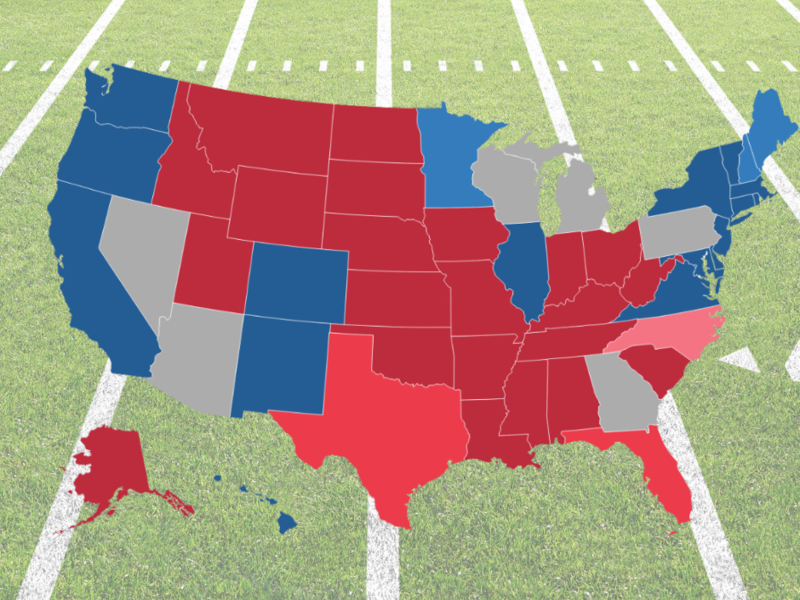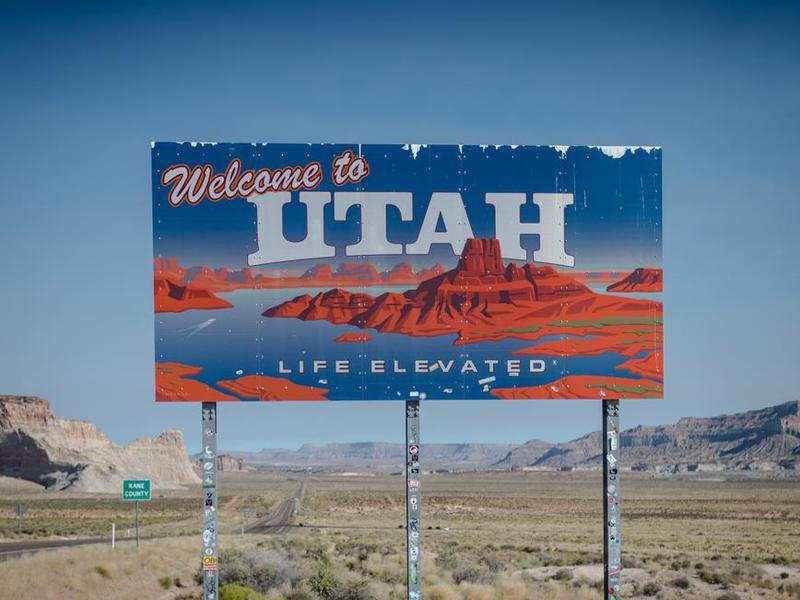
GOP Rep. Barbara Cubin's weak showing in yesterday's Republican primary for Wyoming's At-large seat highlights a significant weak spot for House Republicans: the considerable number of incumbents in safe Republican districts who are struggling in the polls. Besides Cubin the list also includes Reps. Richard Pombo (CA-11), Jean Schmidt (OH-02), Don Sherwood (PA-10), Randy Kuhl (NY-29) and Marilyn Musgrave (CO-04).
Polls taken for Democratic candidates Angie Paccione (CO-04), Eric Massa (NY-29), and Victoria Wulsin (OH-02) have shown the Democrat in a statistical dead heat with their GOP opponent. A poll taken in early May for the Defenders of Wildlife in CA-11 showed Pombo running behind Democratic engineer Jerry McNerney by four points (42 percent to 46 percent). An April poll taken for Democrat Chris Carney in PA-10, showed Rep. Sherwood ahead, but under 50 percent - 49 percent to 40 percent. No Republican polling has been released in these districts.
These incumbents can't simply blame a poor political environment for the trouble that they find themselves in today. All have specific weaknesses that are directly related to their own actions.
But, this political climate serves to magnify these weaknesses. In a year where Congress' approval rating is at just 29 percent, voters aren't as willing to let incumbents simply stow their political baggage in the overhead compartment as they have been in the past.
Sherwood has already been sent a pretty strong signal from voters. In the May 16 Republican primary, the three-term incumbent was held to just 56 percent of the vote against an opponent who didn't even file an FEC report. Sherwood had spent over $500,000. Sherwood's five year affair with a now 30-year old woman was the main reason for his poor showing. In November, Sherwood settled an assault and battery lawsuit filed by his mistress. The terms of the settlement were not disclosed.
Sherwood's Democratic opponent, a lieutenant commander in the Naval Reserve and a former senior adviser on counter-terrorism and intelligence at the Pentagon , Chris Carney, just recently went up on TV with an ad that highlights his commitment to "Pennsylvania values" and tells voters to "send me to Congress and I'll make you proud."
Incumbents like Musgrave, Kuhl, and Cubin, who have underperformed in good Republican years - all took 55 percent of the vote or less in 2004 - can no longer count on a partisan tailwind to help push them over the finish line this year.
Yet, for all the potential opportunity here for Democrats, many are woefully underfunded and lack name recognition. This gives the Republican incumbents the ability to define their opponent and the parameters of the race first. This becomes especially important in CO-04 and CA-1l where the media markets are very expensive.
At the end of June, Musgrave had over $1 million on hand to Paccione's $381,000. And, while this district sprawls across much of rural eastern Colorado, it is covered by the very expensive Denver media market. In CA-11, McNerney had just $151,000 in the bank to Pombo's $939,000. McNerney's campaign says that he has raised more than $200,000 since that report - bringing his total raised to over $686,000. Still, this district takes in the super expensive media markets of San Francisco and Sacramento. A week of TV in October will cost about $800,000.
TV time is not as expensive in the 29 th district of New York - almost half the district is covered by the relatively cheap Rochester media market. Still, at the end of June, Massa had just $190,000 in the bank. Kuhl had $562,000.
The question, then, is just how much the DCCC is willing to invest in these races - perhaps at the expense of races in districts where the partisan tilt is not as severe. A week of TV in Scranton is very cheap (about $64,000), but a week in San Francisco is probably out of the question. Of course, the NRCC may have some important financial decisions to make as well. Can they really afford to fund a challenger candidate when an incumbent, even one in what is on paper a safe seat, is struggling?










Subscribe Today
Our subscribers have first access to individual race pages for each House, Senate and Governors race, which will include race ratings (each race is rated on a seven-point scale) and a narrative analysis pertaining to that race.